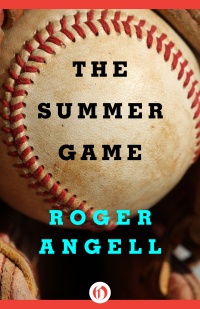Interview with a Ginza Hostess
An interview with a woman who works in one of the exclusive hostess bars in Tokyo’s Ginza district, where an elite clientele pay heavily for champagne, whiskey, and conversation, and client-hostess relationships can span decades.



